
R o a d m a p










Glaring at the copious amounts of hair in the shower day-after-day, I felt scared and alarmed. I struggled to style my hair to conceal thinning and bald spots and worried that it wouldn't regrow, causing sleepless nights
All I wanted was to live my life without fear of losing more hair, without having to resort to lifelong medications, costly scalp treatments or surgery!
If this sounds like you, I want you to know there is hope I reversed my hair loss naturally, which revitalized my health and I want to show you how to do the same.
My name is Julie Olson and I’m a certified Functional Medicine Nutritionist I'm passionate about teaching others to live healthily and regrow their best possible head of hair with root cause resolutions, which has led to hundreds of success stories. I specialize in helping women regrow their hair naturally by using a functional medicine and nutrition approach, so they can both look and feel their very best
But there is no one-size-fits-all solution to hair loss. It’s complex.
The steps, strategies, and resources I have given you in this “Roadmap” are meant to be a starting point. It takes your unique story, laboratory data, genetics, motivation, and patience to create a personalized plan to overcome imbalances and regrow your hair naturally.
If you're ready to feel fabulous, I'm here to help guide you out of hair loss I know the way and am ready to assist if you're ready to dive in.
Let's do this, I got you!



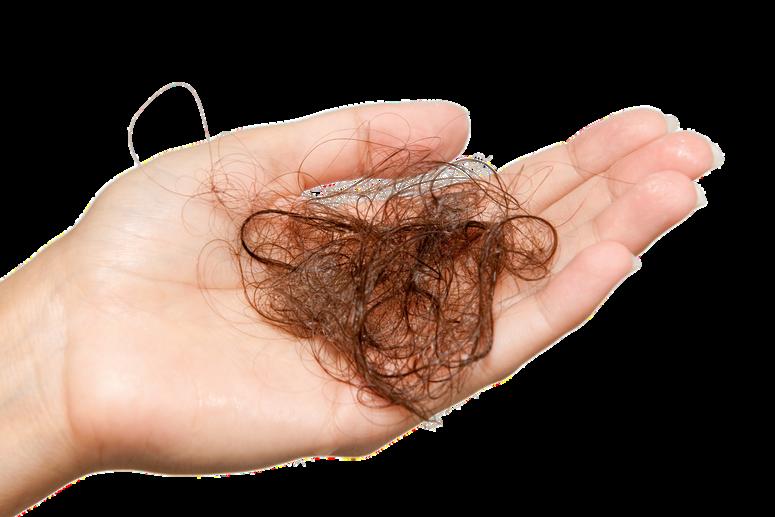
Losing your hair can feel as if your body has betrayed you and you’ve completely lost control.
Seeing your hair fall out in clumps makes you feel less attractive. It completely destroys your confidence and your identity.
It affects every area of your life.
That's why I take a full inventory of the whole body including a nutritional and lifestyle plan designed to improve your health as well as your hair.
Where and how do you start to address this?
Typically we blame our genetics or hormones such as DHT, however, the truth is there are over 50 causes of hair loss. When you understand that hair loss is a symptom of a more serious problem, you can get out your magnifying glass to inspect your everyday habits, which have created your situation.


Simply put: something is out of balance in your body.
By the end of this guide, you will have a better idea of your type of hair loss and why you want to address it ASAP. Keep reading!

I’ve been in your shoes and I want to rin alarm bell on this.
If you’ve noticed hair loss for a while no do NOT ignore it.
Why?
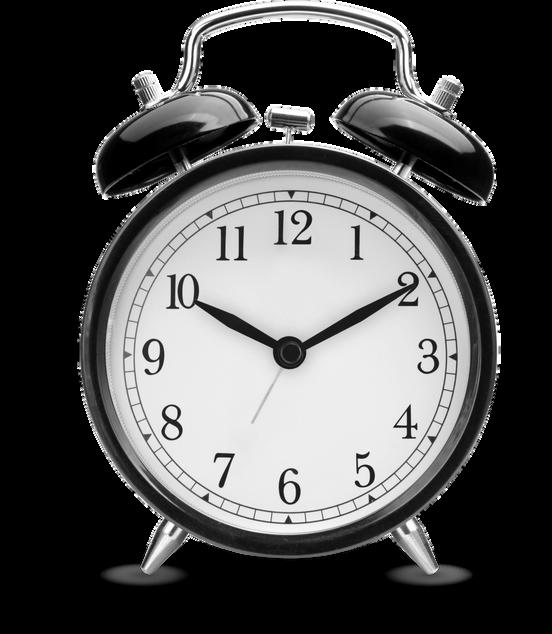
With hair loss, the condition can worsen through hair shedding.
The more shedding, the faster miniaturization CAN take place. Hair follicles can become very tiny—they call it miniaturization—and even scar, which means it’s too late to reverse the damage.
This makes hair regrowth nearly impossible.

As your hair continues to thin, you may want to screa “WHY is my hair falling out?!” It’s very frustrating be seems like it comes out of nowhere. Abnormal hair lo typically related to one or more of the following caus
Nutrient deficiencies
Gut dysbiosis (imbalances)
Hormonal imbalances
Cov!d shed
Anemia (iron deficiency)
Poor digestion
Malabsorption
Toxins/Mold
Medications
Major stress/trauma
Interference Indicators
Antigliadin antibodies
Autoimmune alopecia
Fungal imbalances
Crash or liquid diets
Parasites
Chronic inflammation
Adrenal fatigue
Food sensitivities
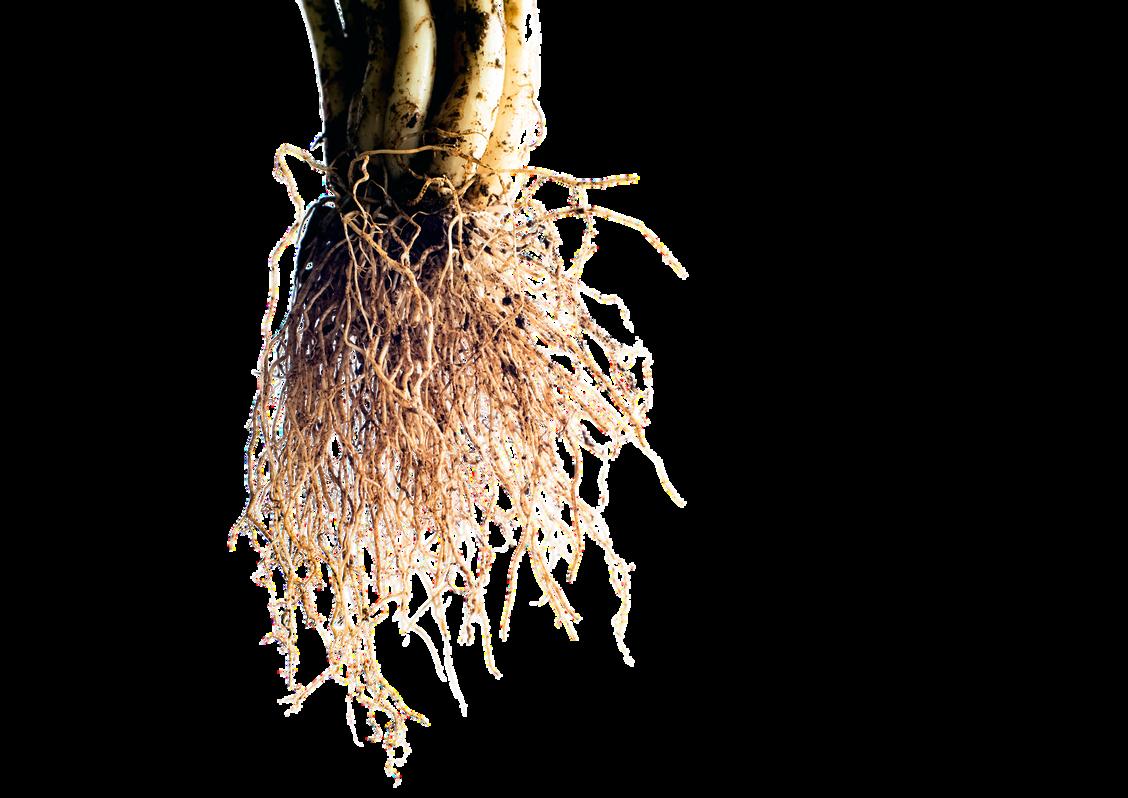
Poor circulation
Systemic lupus erythematosus
Syphilis
Heavy exercise
Infection
Chronic illness or virus
Heavy metals
Depression
Skin disease
Genetics
High fever
Excessive hairstyling
Mass cell activation

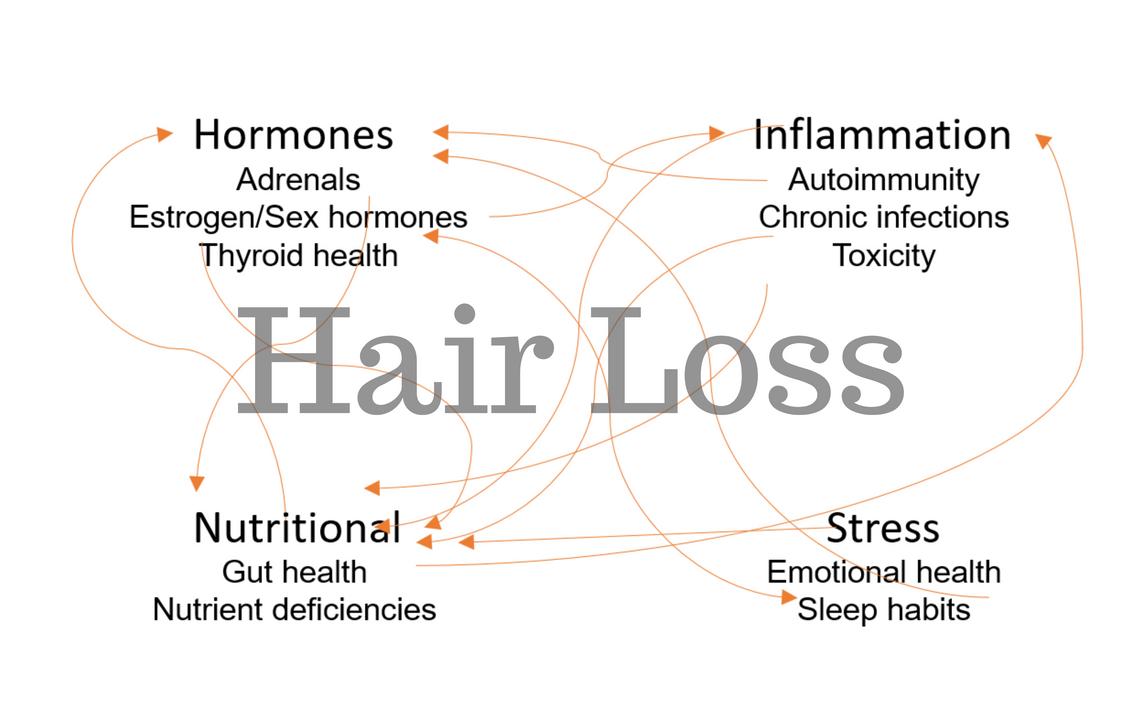

If nutrients, including macro and micronutrients, are not absorbing and/or the body is unhealthy or unbalanced, hair loss is inevitable.
Exhibit very high cellular turnover
Demand lots of energy
Have a very active metabolism
Require adequate nutrition intake and absorption


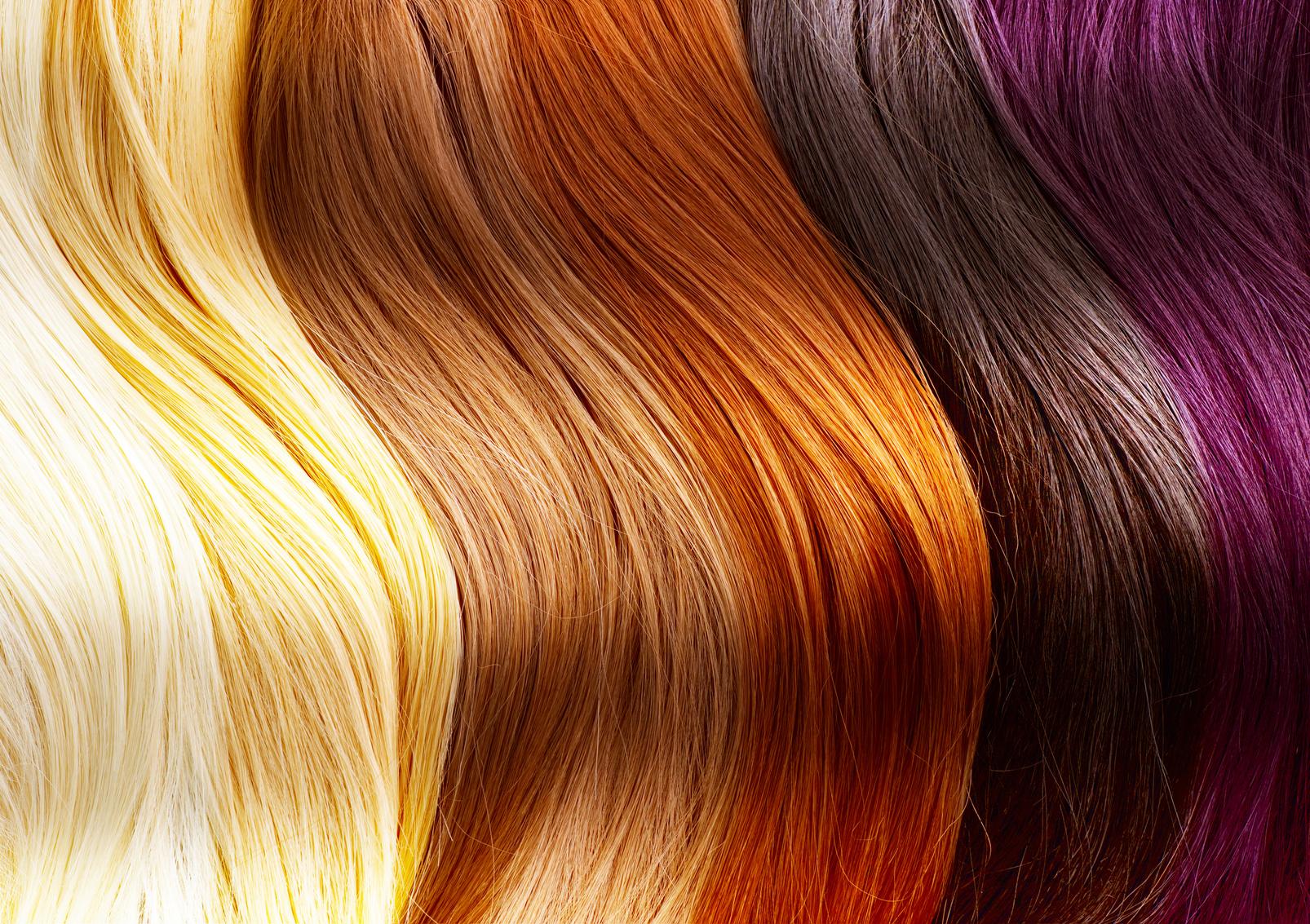
If you want healthy, shiny hair, look at how well your gut is functioning. I'm sure you've heard the saying, "Beauty is skin deep," and it’s true. It has a lot to do with the right balance of bacteria, yeast, and other microbes in your gut. Your digestive system not only absorbs nutrients but also eliminates toxins to maintain your overall health while making your hair shine.
When the gut microbiome is out of balance and harmful bacteria are allowed to flourish, problems can show up in the scalp and hair in the form of hair loss, inflammation, itchy or oily scalp, rashes, and dandruff. The key to ensuring healthy hair is complex. And it's NOT all about nutrition!
To stop hair loss first, it’s necessary to identify hair loss type(s) to determine root causes to create correct solutions…






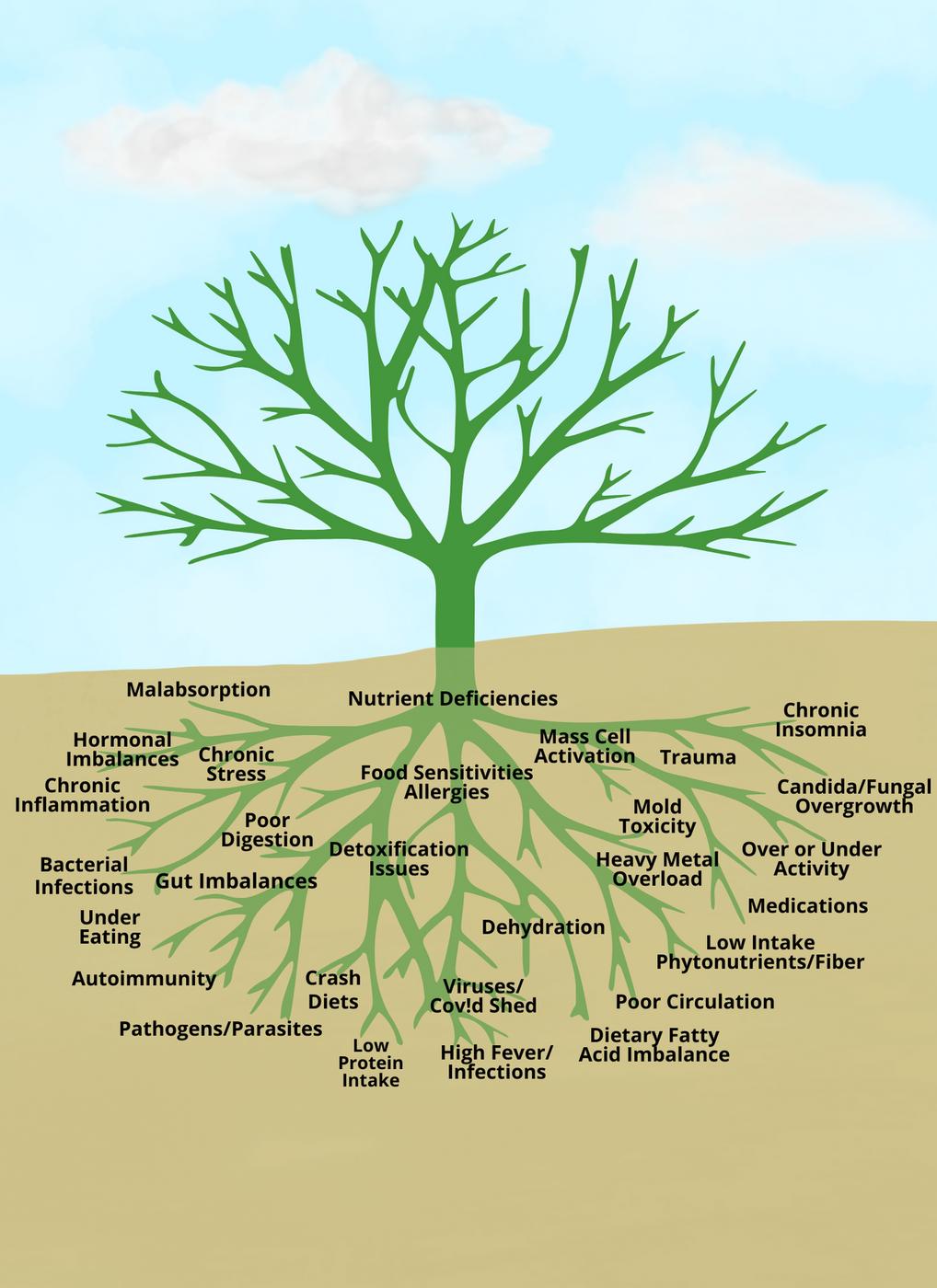






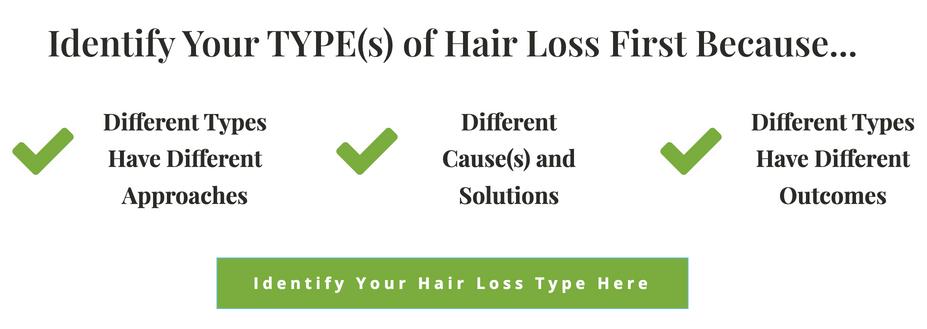


Customized Bloodwork
Hair Mineral Analysis
Stool/Gut Dysbiosis Testing
Hormone Testing
Nutrient + Metabolic Testing
Inflammatory Markers
Genetics
Food Sensitivities + Allergies
Mold + Other Biotoxins
Mercury + Heavy Metals
Viruses + Autoimmunity
Candida + Yeast Overgrowth

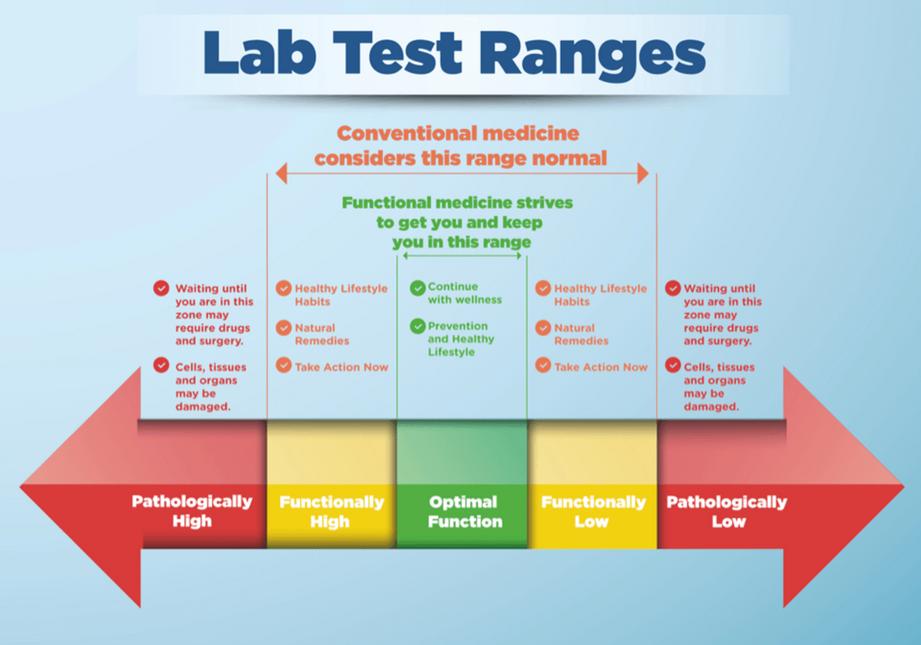
We look at functional, optimal ranges where conventional lab ranges are reflective of what is common, not what is healthy or optimal

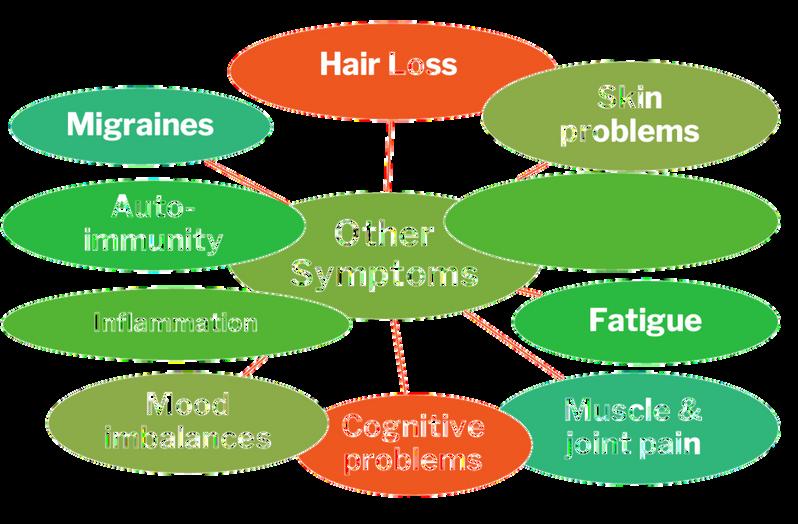

There are several reasons for an imbalance in gut flora:
Improper food & beverage choice
Toxins, mold & heavy metals
Candida, an overgrown fungus
Viruses, post-viruses
Food allergies or sensitivities
Most medications
Parasites & bad bacteria
Insomnia and sleeping disorders
Unmanaged stress
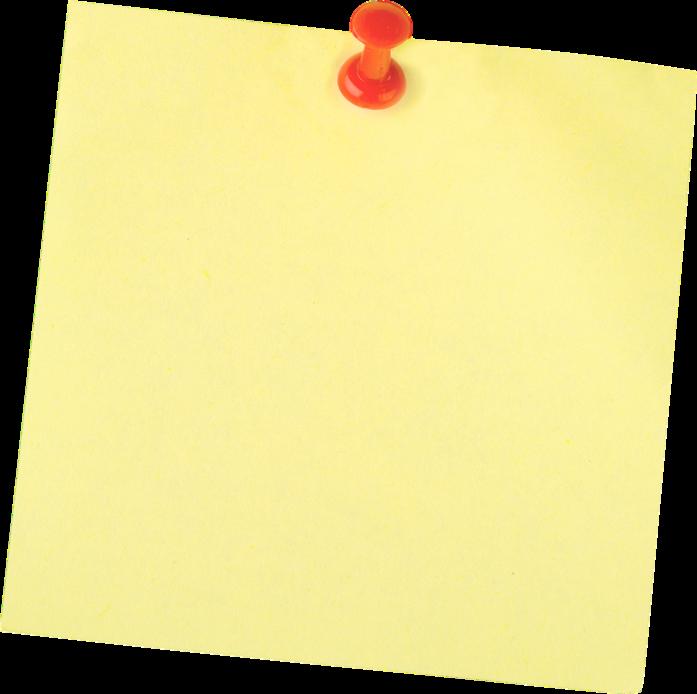
Whenever good bacteria is overwhelmed by bad bacteria, these bad bacteria can pass through the bloodstream, causing inflammation and certain health disorders hinting towards an imbalanced gut flora. An imbalanced gut flora can cause digestive issues, HAIR LOSS, irritable bowel syndrome, mental disorders, autoimmune diseases, and obesity. You must lower stress, reduce antibiotic use, and eat a balanced nutritious diet to help maintain gut flora's health.

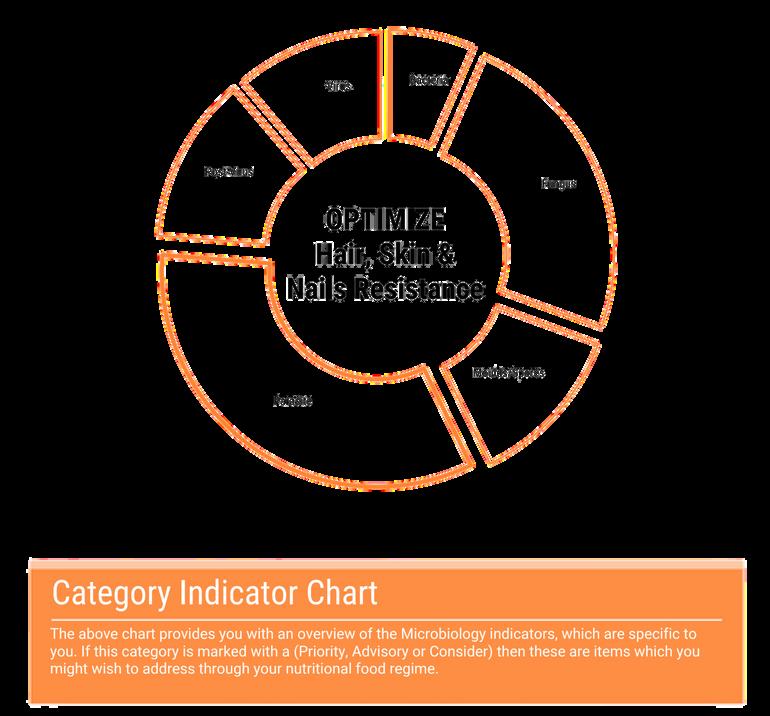
Chart Source: Cell Wellbeing
Many imbalances in our hair can be caused by mold, bacteria, fungus, and viruses. Keratinized tissue is the top target protein invaded. Strengthening our defense system is one of the things we can do to help our body fight these foreign invaders.
Types of Resistance Disruptors
Mold: disrupts hormones and immune system regulation causing inflammation
Overgrown Fungus or Bacteria: inhibits detoxification & cellular communication
Parasites: are nutrient pirates causing systemic havoc, inflammation, and more
Support for Resistance
Garlic Ginger
Pineapple Onions
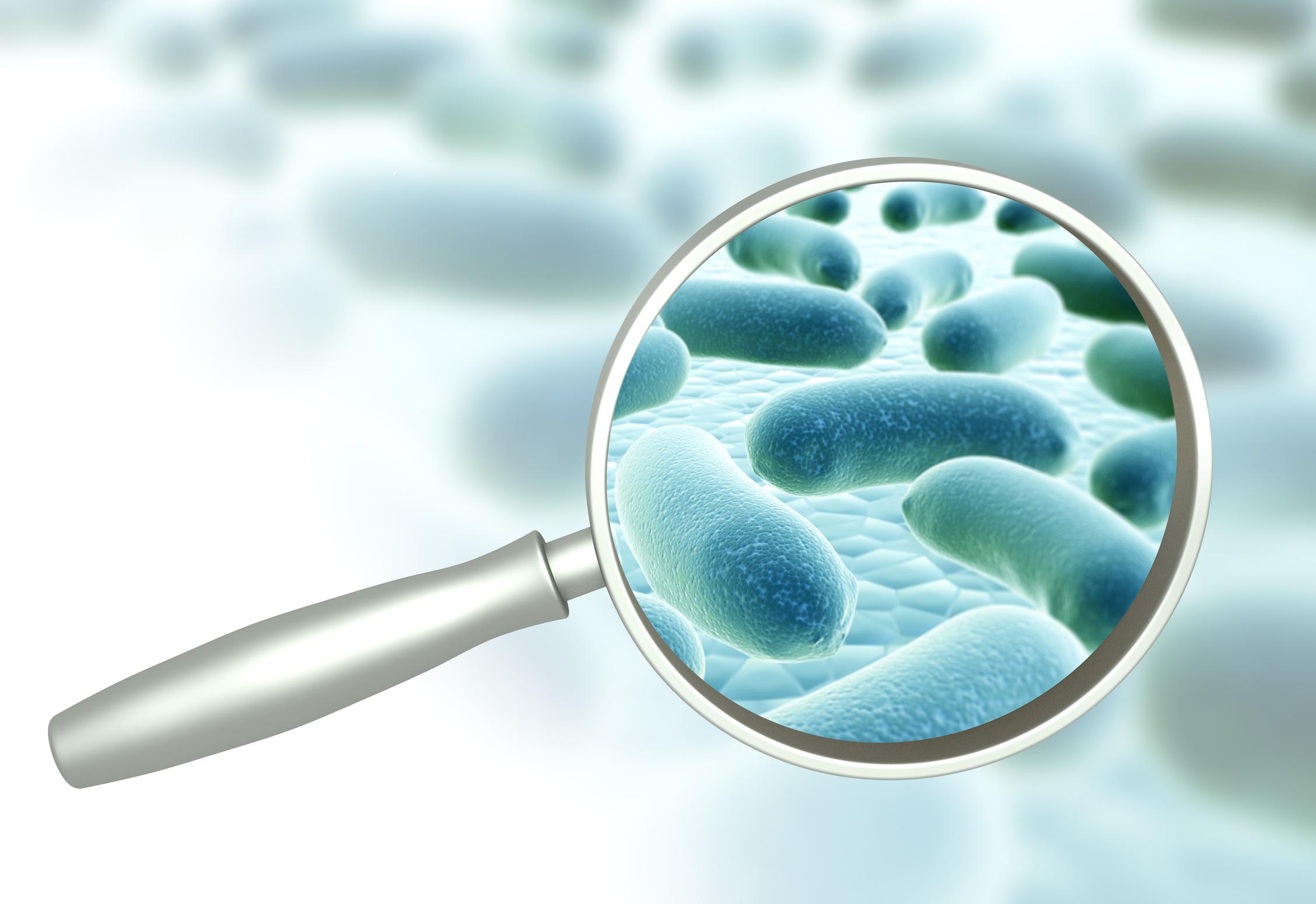
Coconut Oil
Pumpkin Seeds
Broccoli Quality protein

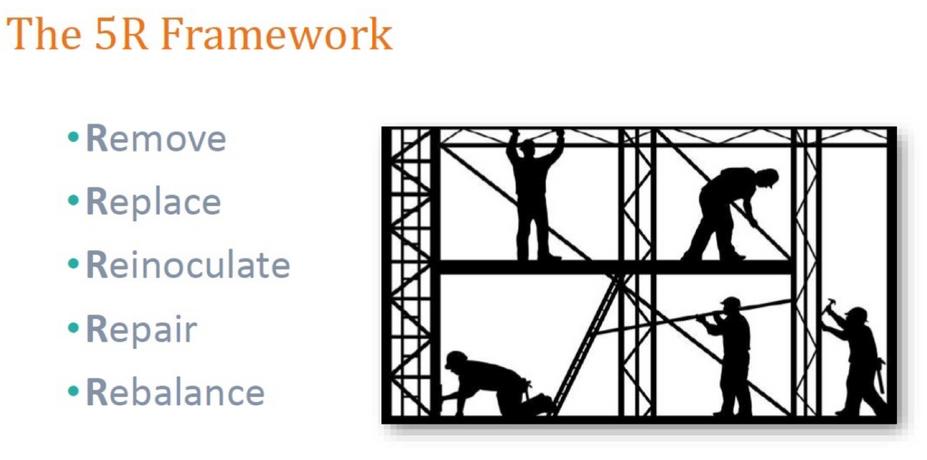


One of the primary regulators in the hair-gut axis is the immune system and 80% of it actually lives in the gut. It regulates inflammation and how the gut microbiota communicates with the scalp and hair follicles. In addition, if the intestinal barrier is compromised, it can directly impact hair growth, as is the case with intestinal permeability (known as leaky gut).
If there is an impaired intestinal barrier, molecules from the gut can enter the bloodstream, accumulate in the scalp, and disrupt the hair follicle-scalp microbiome. Hair thinning often follows digestive disorders, and the gut microbiome plays a role in the development of numerous inflammatory hair loss conditions.


As the scalp-hair follicles and gut are interconnected, their axis also influences key functions such as:
Metabolism
Bacterial balance (bad can crowd out the good)
Blood sugar levels
Inflammation
Stress levels
Balanced homeostasis
Mood regulation
As you can see, the hair-gut axis influences overall health, not just hair!
Healthy hair growth is dependent on a healthy body.

One of the biggest challenges since the industrial revolution is daily exposure to toxins. While our bodies have a system to rid the body of toxins the system has become inundated with chemical exposures in our foods, air, water, personal care products, radiation, and the list goes on and on!
These exposures have a dramatic effect on things such as hair growth. Identifying, and removing, the toxic burden on our bodies is a critical step in supporting the regrowth of healthy hair!



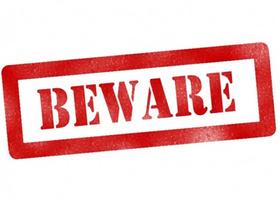
PHTHALATES:
3
Found in shampoos, conditioners and styling products. Can cause endocrine disruptionmeaning hormonal imbalances which affect hair growth cycles, leading to excessive hair shedding or slowed hair growth.
FORMALDEHYDE:
1
Used in hair smoothing or straightening treatments. Can cause respiratory issues, headaches, skin irritation & hair loss. Known to be carcinogenic.
2 PARABENS:
Found in shampoo, hair, and skin care products Can cause a variety of problems for hair including drying, irritating the scalp, fading hair color, and even hair loss.
SULFATES: PROPYLENE GLYCOL:
4
Commonly used as a foaming agent in shampoos and body washes. Can strip the hair of its natural oils and cause dryness and irritation.
5
Often in hair products as a cleaning agent. Can cause scalp inflammation, itching, and redness, which may indirectly contribute to hair breakage or thinning if the scalp is continuously irritated and the hair follicles become weakened.


EMF/ELF's can negatively impact hair growth and slow down regrowth. They can also deplete key nutrients that protect hair from oxidative damage.
There are some folks who have genetic SNPs which predispose them to higher sensitivities to EMF's.




The first R of the transformation process is where we identify areas that need rebalancing
Is comprised of the steps to provide your body what it needs - Replace (2R), Re-inoculate (3R), and Repair (4R) based on your body's unique needs
Is the phase where the body has what it needs so that it is rebalanced (5R) to grow healthy hair!

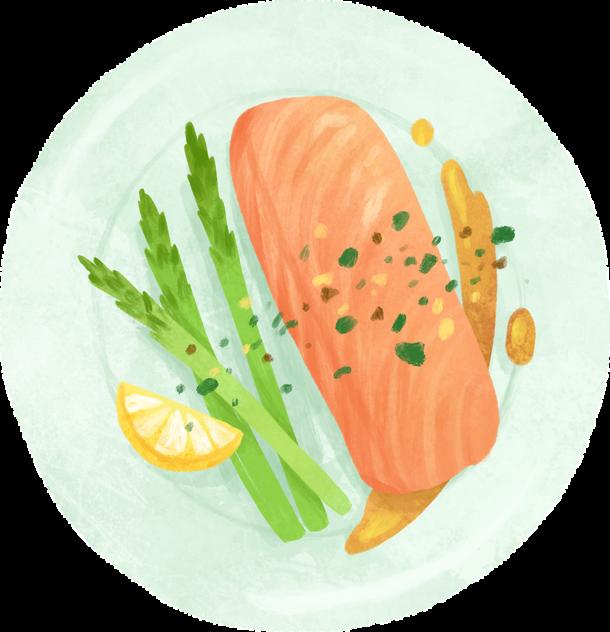
Wild-caught, cold-water fish
There is a very strong link between what you eat and the health of your hair.

Eat more nutrientdense whole foods if your hair is thinning.
Grass-fed beef & organ meats
Vitamin A-rich foods (egg yolks, leafy greens, liver)
Thankfully these top foods can help!
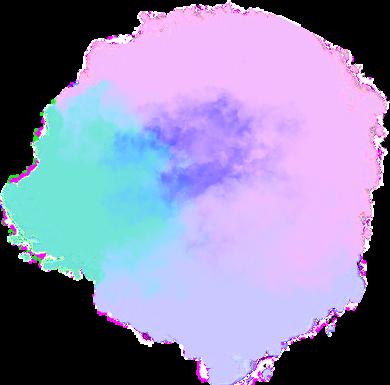
According to Whitney Bowe, MD, “I can tell how healthy someone is by looking at their hair.”
Zinc-rich foods (pumpkin seeds & oysters)
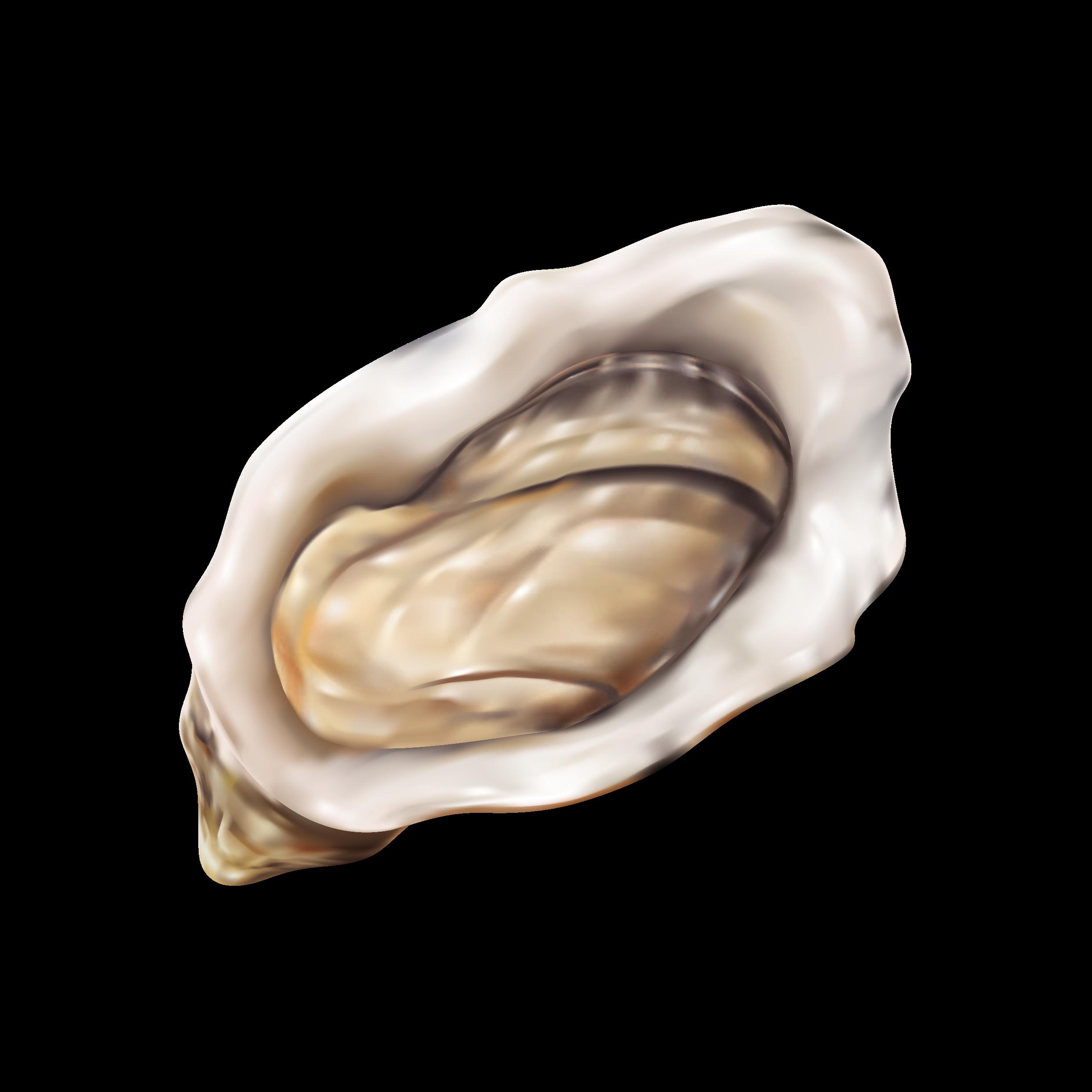


Amino acids are building blocks for not only hair but for every metabolic process in our bodies. Without sufficient amino acids our bodies cannot detox properly, produce adequate hormones, have a healthy immune response, or provide adequate energy to get through our day!
Making sure we are getting enough amino acids is a VERY important step to restoring hair.
Top Amino Acids for Healthy Hair
Alanine Histidine
Cysteine
A few ways Amino Acids benefit Hair:
Arginine: important for growth, hair thickness, repair and UV protection
Cysteine: important for detoxification
Lysine: important for collagen production in combination with zinc
Amino Acid food sources
Meat
Poultry
Eggs
Green Veggies
Nuts & Seeds
Seafood
Lentils
Onions
Garlic Peppers

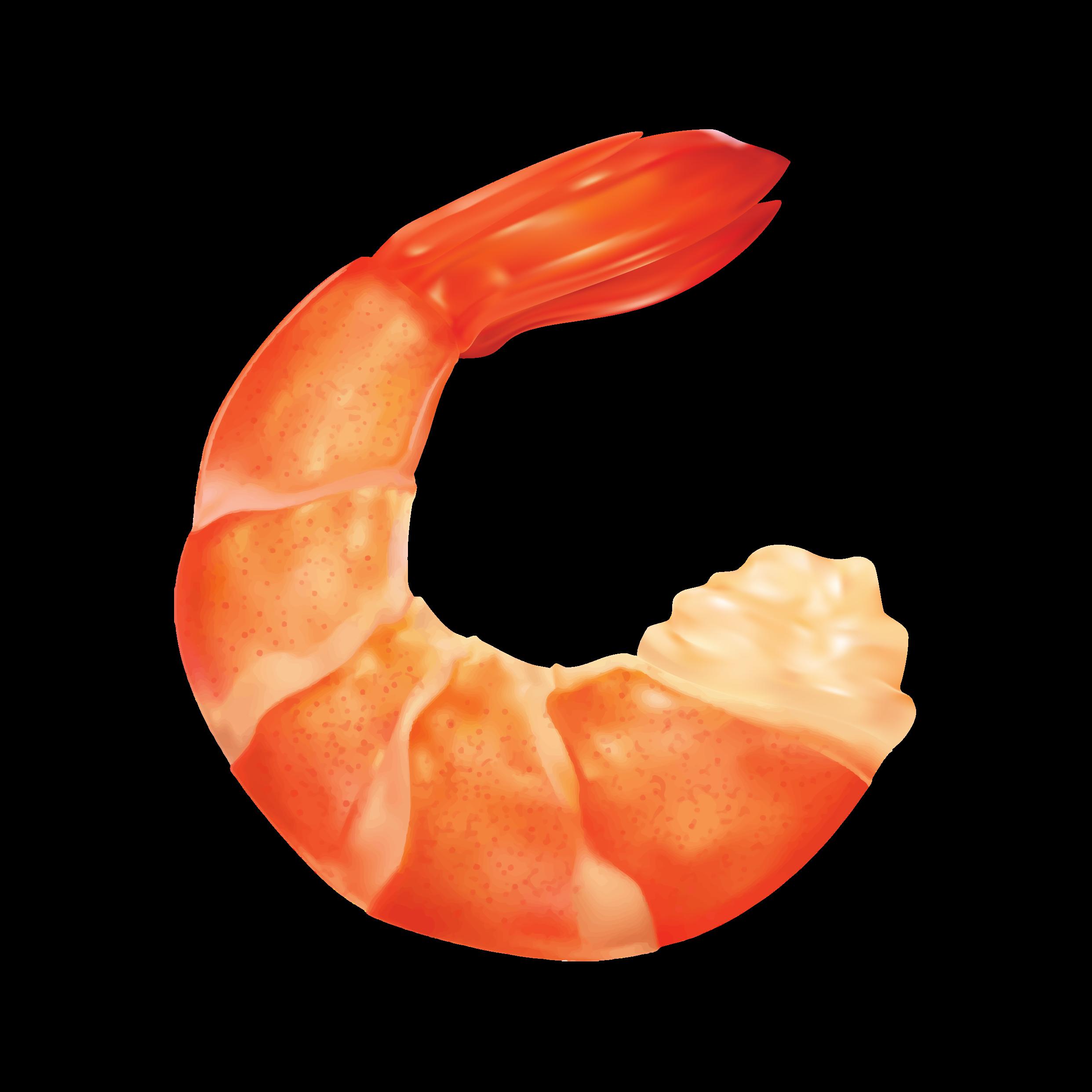
Stay away from all hydrogenated vegetable oils, i.e.canola, corn, sunflower and soybean oil.

Disrupts hormones, immune system dysfunction, can cause fatigue, leaky gut , hair loss and even cancer.
Top food allergens include wheat (gluten), dairy, corn, soy, shellfish, preservatives, as well as food additives.
Sugar imbalances hormones and causes inflammation, all leading to hair loss.


Protein-Hairfibersare mainlyprotein,therefore adequateandquality dietaryproteinintake andabsorptionare essentialforstrong, healthyhair
Vitamin D - plays a role in stimulating new and old hair follicles. When there isn't enough vitamin D in your system, new hair growth can be stunted.
Vitamin A - helps make the sebum that conditions your scalp, which is essential for healthy hair growth. It can also stimulate the growth of hair follicle stem cells.
Niacin - the flushing type, dilates the capillaries and also irradiates the buildup of calcium and DHT that can otherwise greatly inhibit hair follicle growth
Iron - a deficiency or surplus negatively affects the normal cycle of hair growth and can lead to excessive shedding of hair. To determine your iron levels & saturation - get tested.
Essential Fatty Acids - are linked to hair growth due to the proliferation of hair follicle cells. Deficiencies may cause hair loss and lightening of hair color
Selenium - aids in the formation of hair follicles and protection against damage
Saw Palmetto - helps block 5-alpha-reductase, an enzyme that converts testosterone to DHT.
Biotin - deficiencies can lead to dry, brittle hair that’s more prone to thinning
Manganese – deficiencies can lead to slow hair growth.
Zinc - is involved in tissue growth and repair including hair
Vitamin E - helps reduce the breakdown of follicles, by providing moisture that soothes oil glands





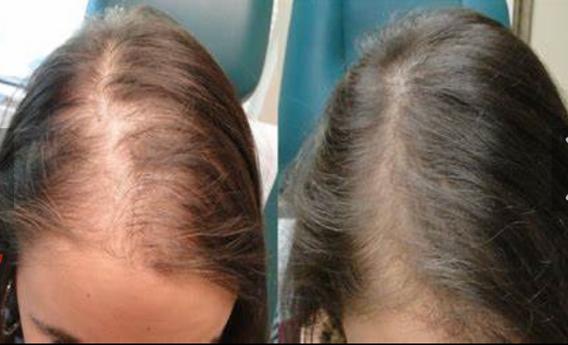
BEFORE AFTER BEFORE AFTER
BEFORE AFTER BEFORE AFTER
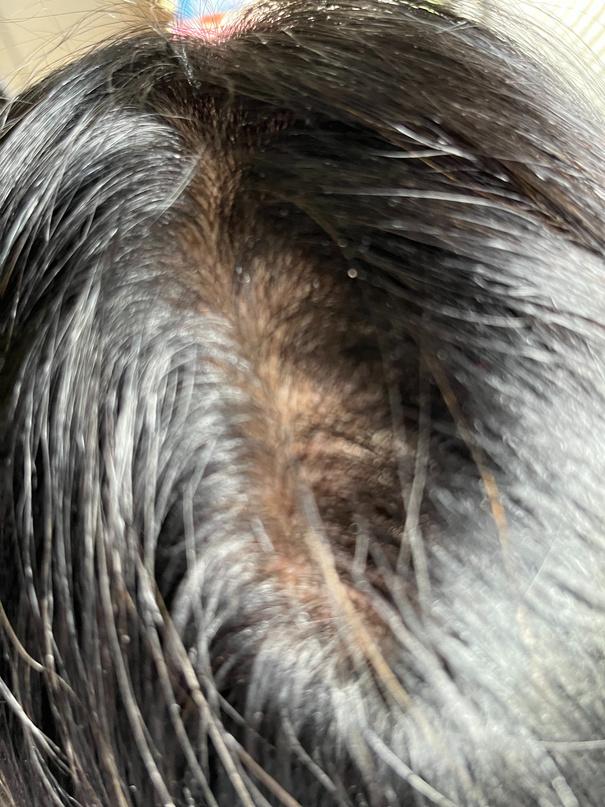
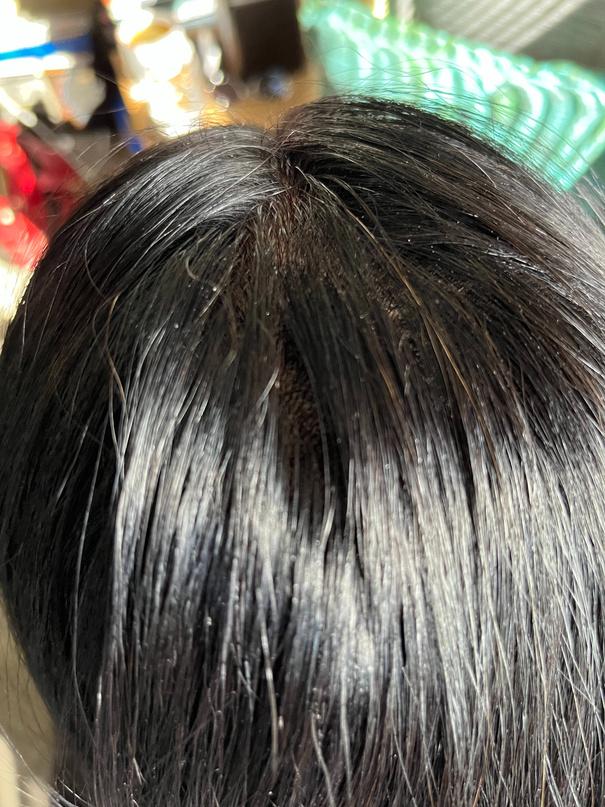
BEFORE AFTER
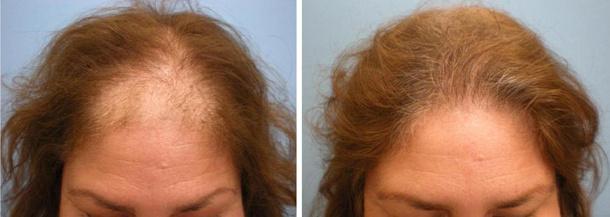
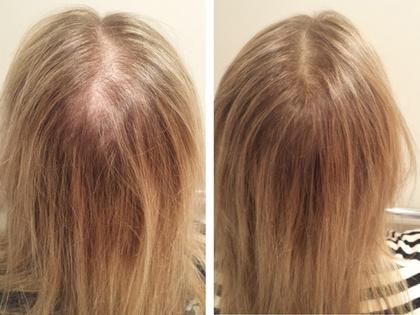
BEFORE AFTER



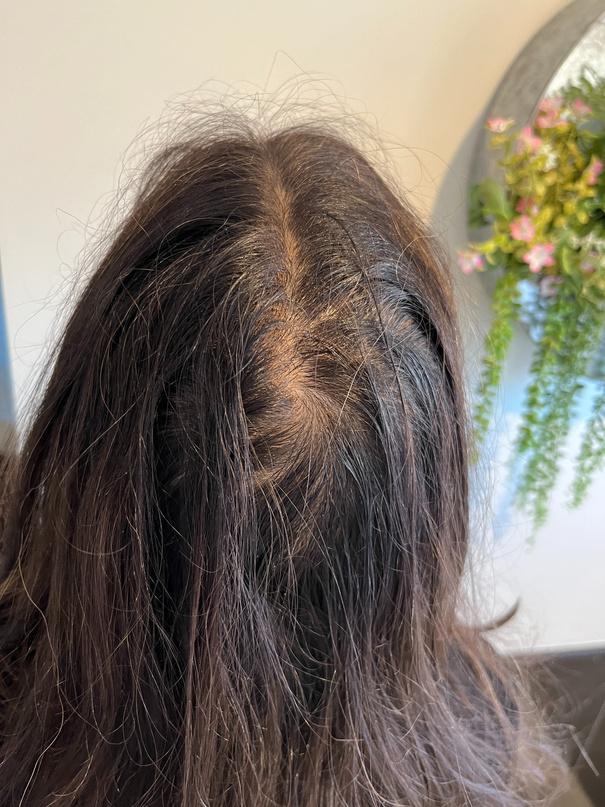

BEFORE AFTER
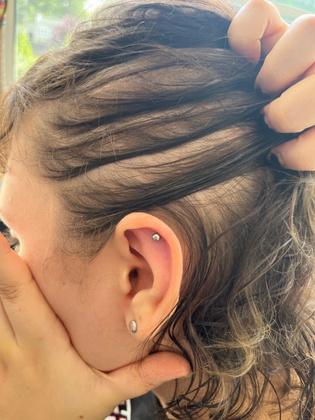
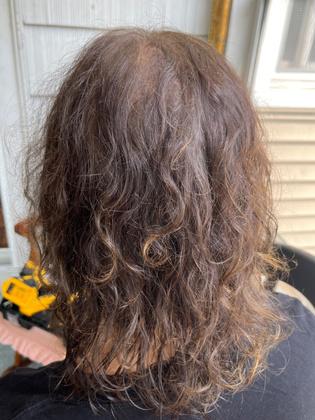
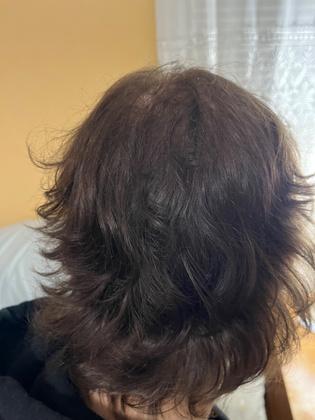
BEFORE AFTER

Once you identify the underlying cause(s) of your hair loss, the good news is that addressing those causes should result in the regrowth of your hair and maintain a healthy growth rate.
Don't lose hope even if genetics seem to be a factor. By following the steps outlined in this "Roadmap" you can slow down hair thinning and preserve the hair you have for as long as possible.
Consistent use of these natural remedies can help your scalp regenerate healthy hair and reverse or slow down hair loss.
While dealing with hair thinning can be challenging, I encourage you to prioritize your health and give this functional medicine and nutrition approach a chance, as conventional options can have serious side effects and long-term consequences, not to mention being expensive and requiring lifelong medication.
We hope this "Roadmap" for hair loss will empower you to take action. Remember that change will not happen overnight, and consistency is the key to achieving the best results with your new routine to regrow your best possible head of hair.

Remember - the steps, strategies, and resources I have given you in this “Roadmap” are meant to be a starting point. It takes your unique story, laboratory data, motivation, and patience to create a personalized plan to overcome imbalances and regrow your hair naturally.
Here are two ways to start now... Click the green button to find out your functional root cause of hair loss. Click the orange button to get a peek into my 4-week HealthyHairFix™ Foundations Program to address your root cause for healthy hair. (pssst .... there’s a HUGE limited-time discount for taking the quiz!)...


Medical Disclaimer: As a reader of this guide, you understand that this guide is for informational purposes only and does not provide healthcare, medical, or nutritional therapy services. It also does not diagnose, treat, or cure any disease, condition, and other physical or mental ailment. It is not to be used as a replacement or substitute for medical advice provided by a physician. If you are under the care of a healthcare professional or are currently taking prescription medication, you should consult your doctor for any dietary changes, dietary supplement use, exercise recommendation, and any other changes to your lifestyle. You should not discontinue taking any medication without first consulting your physician.
